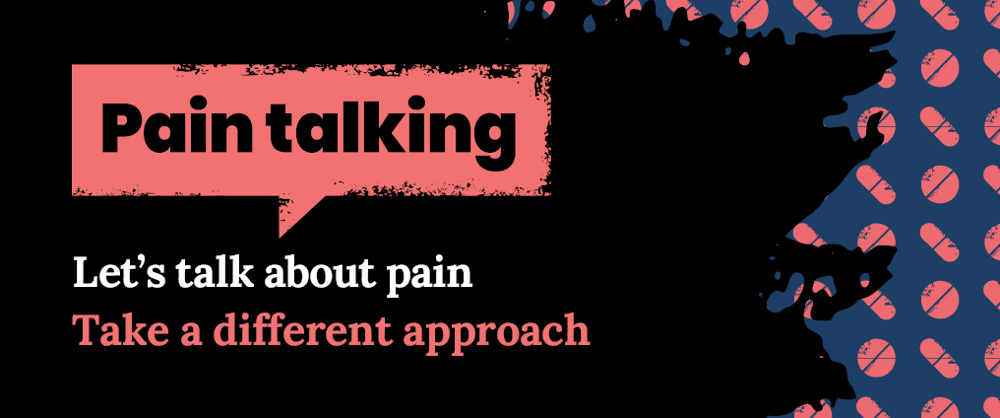
This information has been developed to supplement the information the doctor or healthcare practitioner has already given you.
Date of Issue: March 2025
Review Date: March 2026
If the review date has passed, the content will apply until the next version is published.
Non-Steroidal Anti-Inflammatory Drugs (NSAIDs)
This leaflet gives information on NSAID medicines taken by mouth (orally). NSAIDs are medicines that can reduce swelling around joints and nerve endings. They are useful in treating inflammatory type pain. Ibuprofen and naproxen are NSAIDs.
Oral NSAIDs can cause side-effects and harm, other medicines such as paracetamol or a NSAID gel may be preferred.
Treatments such as heat, cold or TENs can be helpful. It is also useful to have an exercise plan and pace your daily activities.
Are there any side effects?
All medications can cause side effects but not everyone will get them. Read the information sheet provided with your medicines. Talk to your doctor or pharmacist about any problems.
The most common side effects with oral NSAIDs is irritation of the stomach. This causes indigestion like symptoms or a feeling of sickness. This can be made less by taking NSAIDs with or after food.
You may be prescribed another medication (omeprazole) to protect the stomach. You should take this every day whilst you are taking a NSAID.
Oral NSAIDs are less suitable medicines for people with asthma, heart conditions, high blood pressure, kidney or stomach problems.
Avoid oral NSAIDs if you have had previous stomach ulcers or bleeding.
Avoid oral NSAIDs if you have asthma and it makes it worse.
Oral NSAIDs increase the risk of heart problems and can increase blood pressure.
Oral NSAIDs can cause kidney problems.
How long should I take a NSAID for?
If an oral NSAID is prescribed. It should be reviewed to check the benefit outweigh any side effects or risks. The overall aim is to use the lowest effective dose for the shortest period of time.
Many chronic pain conditions have no ongoing inflammation. Some chronic pain conditions only have inflammatory pain part of time. Only use a NSAID during inflammatory “flare-up” when you are experiencing more pain and symptoms of swelling and heat than usual.
Some rheumatology conditions, such as Ankylosing Spondylitis, may require longer-term use of NSAIDs.
Other information
Monitoring of blood pressure and kidney function is recommended when NSAIDs are taken regularly.
NSAIDs can interact with other medications. These include warfarin, lithium and medications used in the treatment of high blood pressure.
Tell a doctor or pharmacist if you are
- Trying to get pregnant
- Pregnant
- Breastfeeding
Medication in chronic pain
Medicines are not always helpful for long term pain.
They can cause side effects and harm.
It is best to stop medicines that are not working or cause problems.
It is helpful to find other ways of managing pain.
A doctor or pharmacist can explain more.
Remember
Do not stop medicines suddenly.
Do not share medicines.
Never take more medicine than prescribed.
Let a doctor or pharmacist know about other medicines or products taken.
Read the information sheet given with each medicine.
Keep medicines out of the reach of children.
Store medicines safely.
Return unused medicines to a pharmacy.
If medicines make you drowsy, do not drive.
Talk to a doctor or pharmacist about any concerns.
Accessible formats
If you require this information in a community language or alternative format such as Braille, audio, large print, BSL, or Easy Read, please contact the Equality and Human Rights Team at: email: fife.EqualityandHumanRights@nhs.scot or phone 01592 729130. For people with a hearing or verbal impairment you can also contact the team through the NHS Fife SMS text service number on 07805800005.
